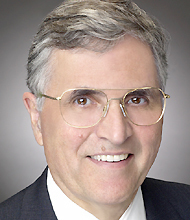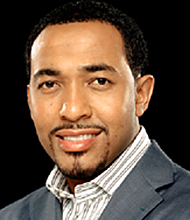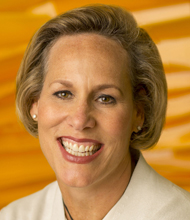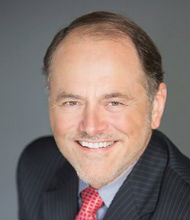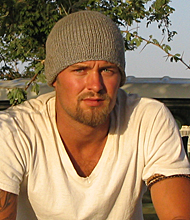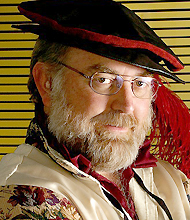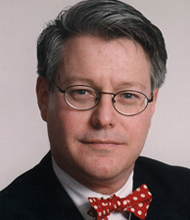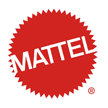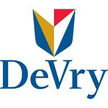| TRAVELS FROM |
|
SPEAKING FEE RANGE ** Please note that while this speaker’s specific speaking fee falls within the range posted above (for Continental U.S. based events), fees are subject to change. For current fee information or international event fees (which are generally 50-75% more than U.S based event fees), please contact us. $15,000 to $20,000 |
|
BOOK HARRISON H. SCHMITT speakers@coreagency.com |
| TRAVELS FROM |
|
SPEAKING FEE RANGE* $15,000 to $20,000 |
|
Book Harrison H. Schmitt speakers@coreagency.com |
- Known as a NASA astronaut aboard Apollo 17, Schmitt is a captivating speaker with a wealth of stories and insights to share regarding the famous mission and the future of lunar exploration.
- U.S. Senator of New Mexico from 1977–1982.
- Author of Return to the Moon (2006).
- Recipient of numerous awards including the NASA Distinguished Service Medal in 1973 and the Leif Erikson Exploration Award in 2015; recipient of numerous honorary degrees from U.S. and Canadian universities.
Harrison Hagan “Jack” Schmitt, is a geologist, pilot, astronaut, university professor, businessman, writer, and former U. S. Senator from New Mexico. Schmitt received his B. S. from Caltech, studied as a Fulbright Scholar at the University of Oslo, and attended graduate school at Harvard.
Selected for the Scientist-Astronaut program in 1965, Schmitt organized the lunar science training for the Apollo Astronauts, represented the crews during the development of hardware and procedures for lunar surface exploration, and oversaw the final preparation of the Apollo 11 Lunar Module Descent Stage. He served as Mission Scientist in support of the Apollo 11 mission. After training as backup Lunar Module Pilot for Apollo 15, Schmitt flew in space as Lunar Module Pilot for Apollo 17—the last Apollo mission to the moon. On December 11, 1972, he landed in the Valley of Taurus–Littrow as the only scientist and the last of 12 men to step on the Moon.
In 1975, after two years managing NASA’s Energy Program Office, Schmitt fulfilled a long-standing personal commitment by entering politics. Elected in 1976, he served a six-year term in the U.S. Senate beginning in 1977. Senator Schmitt, the only “natural scientist” in the Senate since Thomas Jefferson was Vice President of the United States and President of the Senate, worked as a member of the Senate Commerce, Banking, Appropriations, Intelligence, and Ethics Committees. In his last two years in the Senate, Schmitt held the position of Chairman of the Commerce Subcommittee on Science, Technology, and Space and of the Appropriations Subcommittee on Labor, Health and Human Services, and Education.
Harrison Schmitt became Chairman of the NASA Advisory Council in November 2005, and served until October 2008. He led the Council’s deliberations on issues related to Aeronautics, Audit and Finance, Biomedicine, Exploration (human flight systems development), Human Capital, Science, and Space Operations. He also consults, speaks, and writes on policy issues of the future, the science of the Moon and Planets, history of space flight and geology, space exploration, space law, climate change, and the American Southwest.
He is the author of Return to the Moon (2006) that describes a private enterprise approach to providing lunar helium-3 fusion energy resources for use on Earth.
Schmitt’s honors include the 1973 Arthur S. Fleming Award; 1973 Distinguished Graduate of Caltech; 1973 Caltech Sherman Fairchild Scholar; 1973 Manned Spacecraft Center Superior Achievement Award; 1973 NASA Distinguished Service Award; 1973 First Extraterrestrial Field Geologist Award of the Geological Society of America; 1977 Fellow of the AIAA; Honorary Member of the American Association of Petroleum Geologists, Norwegian Geographical Society, New Mexico Geological Society, and Geological Association of Canada; 1981 Engineer of the Year Award from the National Society of Professional Engineers; 1981 National Security Award; 1982 Public Service Award of the American Association of Petroleum Geologists; 1989 Lovelace Award (space biomedicine); 1989 G. K. Gilbert Award (planetology); 2002 Aviation Week Legend Award; 2008 American Association of State Geologists Pick and Gavel Award; and Honorary Fellow of the Geological Society of America; American Institute of Mining, Metallurgical and Petroleum Engineers; and Geological Society of London. Dr. Schmitt has been inducted into the Astronaut Hall of Fame and the International Space Hall of fame and has received honorary degrees from numerous U.S. and Canadian universities, including UT Knoxville in 2016.
In recognition of past service, the U.S. Department of State in July 2003 established the Harrison H. Schmitt Leadership Award for U.S. Fulbright Fellowship awardees. He also traveled in Europe in 2009 as a Speaker and Specialist for the State Department. In 2007, Schmitt was awarded the first Eugene M. Shoemaker Memorial Award by Arizona State University and is the first recipient of the National Space Society’s Gerard K. O’Neill Memorial Space Settlement Award. He was awarded the 2010 inaugural Columbia Medal by the Aerospace Division of the American Society of Civil Engineers. Schmitt was the 2015 Recipient of the Leif Erikson Exploration Award, awarded by The Exploration Museum, for his scientific work on the surface of the Moon in 1972, and for his part in the geology training of all the astronauts that walked on the Moon before him.
"We have had nothing but positive feedback since Dr. Schmitt left. We are very happy with both his presentations and all of the additional time he took with students, employees, and the general public."
Wake Technical Community College
(Event Booked by SPEAKING.com)
"The content and presentation of Dr. Schmitt′s material was perfect for the
audience, and he was very well received. The majority of the 1800+
conference attendees were present in the hall for his speech. He was very gracious and accommodating and obliged every interview and request for his signature. Very professional, has obviously done this many many times before."
Saskatchewan Geological Survey
(Event Booked by SPEAKING.com)
Harrison′s Satisfied Clients include...
- Planetary Science Foundation
- University of Tennessee
- Center For Veterinary Medicine
- Intel Corporation
- Central Michigan University
- Rice University Astrophysics Alumni
- USDA Research
- Loredo Community College
- IEEE Symposium
As a man who wears many hats, Dr. Harrison H. “Jack” Schmitt is a captivating, knowledgeable speaker who presents on various topics related to the Moon and much more. Most known for being part of the crew on board Apollo 17, the end of NASA’s Apollo program which took 12 people to the Moon, Schmitt is available to share reflections on the landmark mission. Not only does he provide an insider’s view, telling astonishing stories with remarkable detail, but he also looks forward, proffering insights on what the future of lunar exploration holds from being a source of energy to a place of settlement.
As a former U.S. senator, Schmitt also offers politics-oriented programs, speaking on issues such as climate change and lunar exploration from a business standpoint. As a professor, Schmitt knows how to work an audience by providing concrete facts and information in the most engaging manner. No listener will want to miss out on what Schmitt has to say, for his experiences and outlook on life are truly unparalleled and will appeal to a wide array of audiences.
Harrison′s Most Popular Topics:
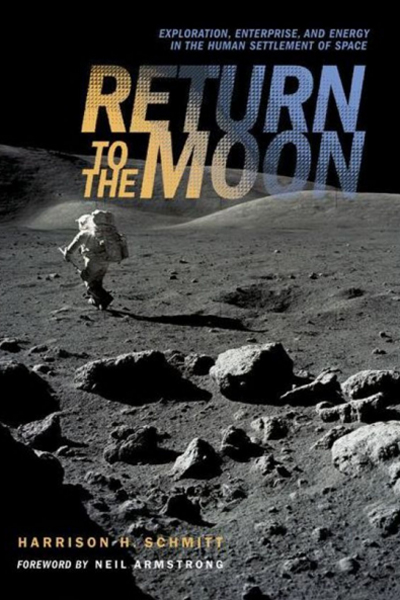
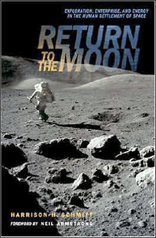
Return to the Moon
The Moon is not just a "local" destination, argues former NASA Astronaut Harrison Schmitt. As a destination, the Moon presents us with a goal that tests our resourcefulness and determination. How much are we willing to spend to re-establish ourselves as space-farers?
Return to the Moon proposes that we begin planning, and now, for the establishment of human outposts on the Moon—not just as an exercise in technology and discovery, and not just as a way of fulfilling our destiny as explorers and pioneers. Schmitt, having himself traveled to and literally walked on the Moon, is no stranger to technology, discovery, and a sense of our destiny as explorers; but in this book he focuses on a return to the moon as a business proposition.

 VIDEO
VIDEO TESTIMONIALS
TESTIMONIALS PROGRAMS
PROGRAMS BOOKS
BOOKS